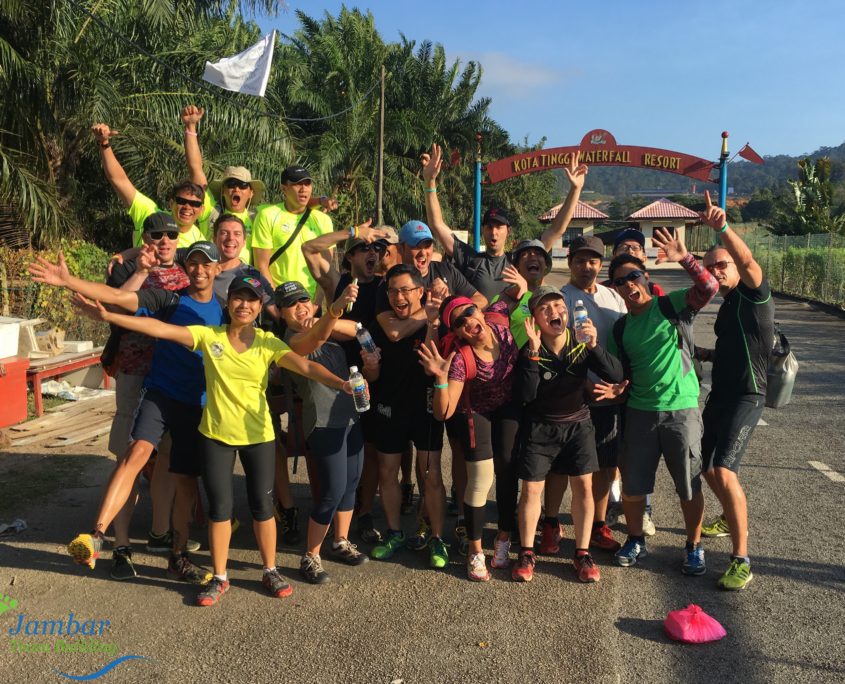Characteristics of effective people
Initially published in 1989, The 7 Habits of Highly Effective People written by Stephan Covey, revolves mainly around the different concepts of business and self-help and how the approach of being effective can help in accomplishing the distinctive goals in life.
The book defines and elaborates effectiveness and different strategies to obtain the desirable results through the seven different habits.
The seven habits:
Initiating the concept of paradigm shift, Covey gradually helps the readers grasp the concept of distinctive perspectives that elaborate how two individuals see the exact same thing yet sense it differently.
Moreover, the Maturity Continuum, which consists of the three different and progressive stages is also introduced in the book. These three stages are;
·
Dependence,
·
Independence,
·
Interdependence
Covey further elaborated that each of these stages is divided into 7 different habits which help in maintaining the different achievements you’ve made in life. Let’s have a look at these seven habits to see how these actually impact the companies and businesses.

Independence:
The initial three habits revolve around switching from dependence to independence.
Be Proactive:
Covey highlights the concept of influence and concern here. How you can work and put in the effort from the center of your influence and progress slowly and gradually. Being proactive helps in expanding your business. Rather than sitting and staying in the reactive mode, waiting for your problems (center of concern) it is better to think ahead.
Begin with the end in mind:
Visualize everything you want in future. This motivates you to work and plan towards the things you’ve envisioned for yourself. Covey emphasizes on ways to understand the strategies which helps in taking the decisions in life and expanding your business. The author has focused on viewing your mission statement over and over again and start acting on your principles in this very moment.
Put first things first:
In the third chapter, Stephan Covey explained the difference between management and leadership. The concept revolves around;
·
What is urgent?
·
What is significant?
This explains how you should set your priorities and personal goals and work on them to achieve better in life.
Interdependence:
The next three habits revolve around the concept of interdependence.
Think Win-Win:
Here the author elaborates how respecting and valuing others by realizing that the ‘win’ for everyone gives you a long-term benefit. The overall theme of the habit is to recognize the character-based code for interaction with the humans and implementing such strategies to improve the business.
Seek first to understand, then to be understood:
The main focus here is on empathy. Understanding others genuinely which eventually coerces them to respond to the listening and act upon things influenced by your personality. This develops an environment of positivity and caring.
Synergize:
The term means combining the strengths and capabilities of different people in a team through positivity and incontrovertibility to achieve the goals which aren’t possible without a hardworking team. In short, the main emphasis is on team-bonding and a positive impact on the company.

Sharpen the Saw:
Last but equally important is balancing and renewing your resources. This helps in creating a sustainable and persistent lifestyle. The key focus is on the physical renewal, meditation, exercising, yoga and prayer which will eventually lead to mental and spiritual renewal.
Thus according to Covey, these seven self-help habits can assist in improving the companies and businesses which eventually leads to a successful life.
An individual can only excel at the stage of interdependence with the ability to work and collaborate effectively. This requires better understanding and working opportunities between all employees among the company however, it is not possible for all employees across all departments to work together. Thus, team building activities in Singapore would be a perfect bridge to nurture team bonding and team spirit in the organization.